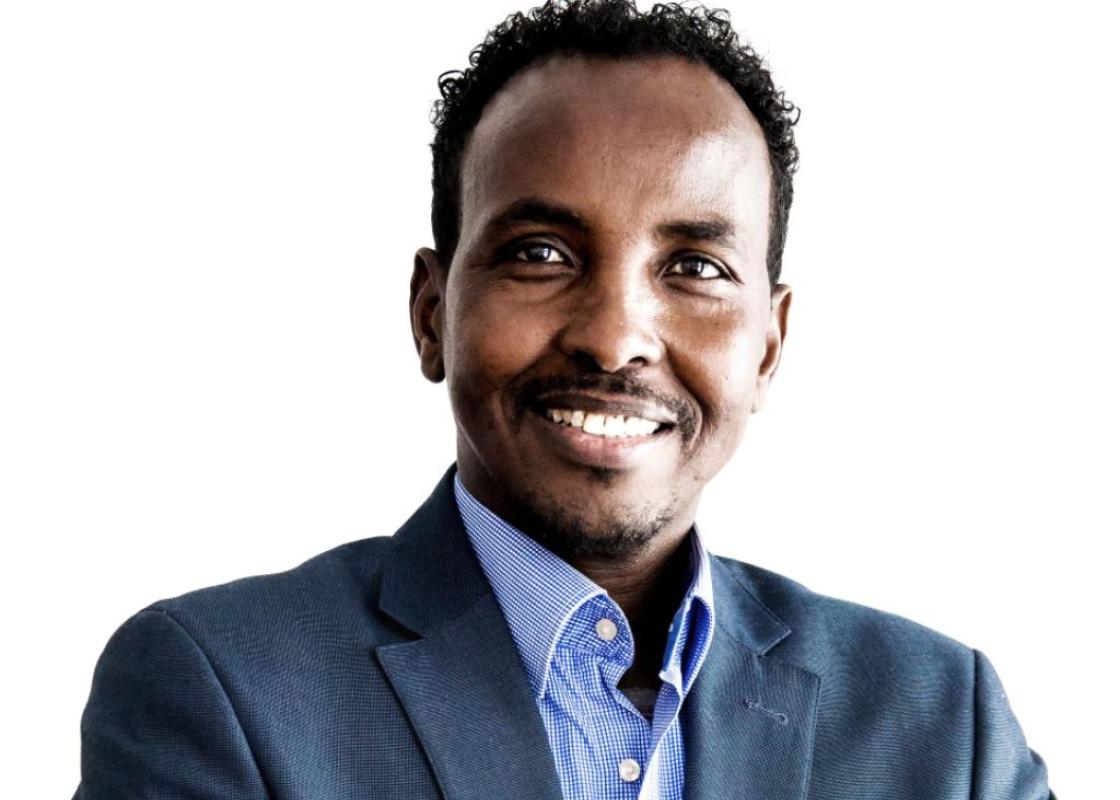Abdi Gele is Research Director at the Norwegian Centre for Migration and Minority Health (NAKMI), where he is leading a research project on Somali women's access to contraception and abortion.
“How do you understand gender perspectives in research?”
“The biological and sociological differences between men and women give rise to differences in health needs and vulnerabilities. Good examples are how differences in power relations, economic activities, access to resources and degree of decision-making authority influence health outcomes. As a result, we find a number of gender based differences in health needs and vulnerabilities, which I think explain why a gender perspective can be so crucial in health research.”
"How can gender perspectives be useful in your field of research?”
“In my area of research, reproductive health, there obviously is no way you can avoid gender. Issues such as reducing unintended pregnancies, stopping HIV and improving maternal health are strongly shaped by gendered relations, norms and roles. So exploring specifically women’s participation in decision making about their sexual and reproductive rights has paramount importance in research on those issues.”
"How have you worked with gender perspectives in your research?”
“I am really grateful for the funding that Extrastiftelsen has provided for my new three-year research project on reproductive health among Somali women in Norway. I’ll be addressing questions such as unmet needs in contraception, the incidence of induced abortion and factors that motivate or hinder utilization of modern contraception in this community. A gender perspective is one of the most important considerations that I have built into the research design. The argument for this is that, in some immigrant groups, it’s the power relations between men and women that decide if women can purchase or use contraception.”
"Which research subjects could benefit from a larger emphasis on gender perspectives?”
“A poor understanding of gender as a sociological determinant, as opposed to biological gender, whether in an immigration context or in a home country locality, reduces the effectiveness of reproductive health services. I think a stronger research emphasis on sociological gender in reproductive health research can help to improve our health services ability to reduce inequities in this field.”
See also: Communication is key to understanding female circumcision
The Norwegian Research Council and the EU want researchers to integrate gender perspectives into their research, in cases where such perspectives may be of relevance. This will increase the likelihood of receiving research funding.
This autumn, the Norwegian version of genderresearch.no (Kilden kjonnsforskning.no) has produced an article series called "We ask the researcher", where we have talked to researchers from a wide range of different academic disciplines about what they associate with gender perspectives.
The series is part of the project Integration of gender perspectives in research (in Norwegian). See also the Research Council's policy on gender balance and gender perspectives in research and innovation (in Norwegian).



